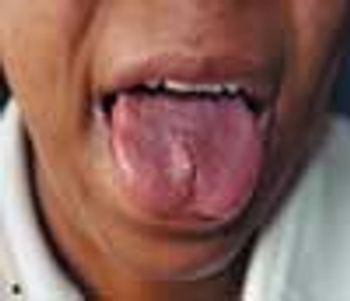
ABSTRACT: Subclinical hypothyroidism is associated with elevated low-density lipoprotein (LDL) cholesterol levels and several factors related to atherosclerosis, including increased C-reactive protein levels and impaired endothelium-dependent vasodilatation. However, considerable controversy exists about screening for and treating this thyroid disorder. Thyroxine therapy lowers elevated LDL cholesterol levels in patients whose serum thyroid-stimulating hormone (TSH) concentrations are higher than 10 mIU/L ; thus, most experts recommend treatment for such patients. However, there is no consensus regarding the management of patients with TSH levels of less than 10 mIU/L. Although the evidence supporting treatment of these patients is not compelling, it is reasonable to offer a therapeutic trial of thyroxine to those who have symptoms.






























































































































